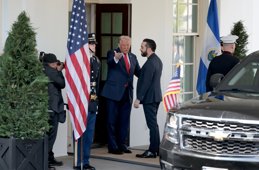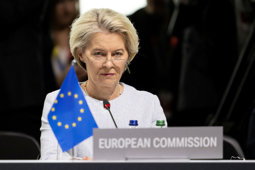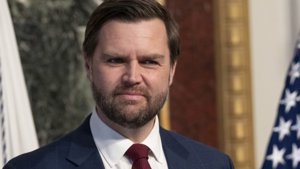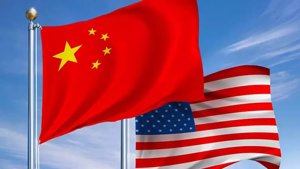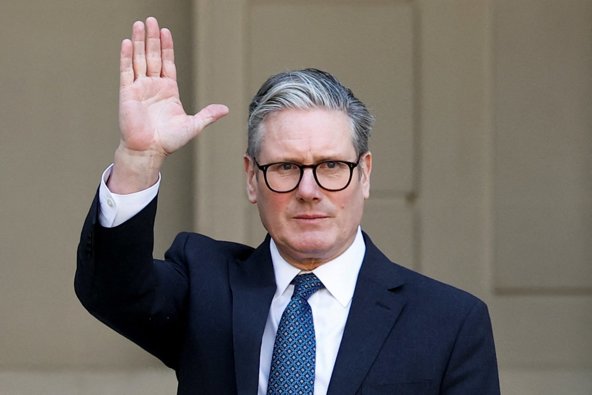
Starmer Eases EV Rules After U.S. Tariffs
British Prime Minister Keir Starmer has announced sweeping reforms aimed at supporting the UK automotive industry following the United States’ implementation of a 25% tariff on all imported vehicles. In a move described as 'bold changes,' Starmer said the UK will ease certain electric vehicle (EV) regulations while reinstating key climate-focused targets.
Among the changes, Starmer confirmed that the ban on the sale of new petrol and diesel cars will be reinstated for 2030, reversing a decision by the previous government to delay it to 2035. However, exceptions will be made for iconic British manufacturers like Aston Martin and McLaren, which will be permitted to continue producing petrol cars beyond 2030. Petrol and diesel vans, as well as hybrid and plug-in hybrid vehicles, will remain on the market until 2035 to facilitate a smoother transition.
To further support car manufacturers, the UK Department of Transport announced that mandates requiring firms to phase out petrol and diesel vehicles will be relaxed, helping them avoid fines during the transition period. These steps are aimed at safeguarding British jobs and sustaining the nation’s export strength in the face of global trade pressures.
“These measures will help ensure home-grown firms can export British cars built by British workers around the world,” said Starmer in the official release. He stressed that this approach balances economic competitiveness with environmental goals and industrial adaptation.
Speaking from the West Midlands, Starmer acknowledged the broader implications of U.S. tariffs, which also include a 10% levy on other goods. He called the tariffs a “huge challenge for our future” and emphasized the importance of national resilience. “Nobody wins from a trade war. You know that, but it’s also a moment for urgency,” he stated.
The Prime Minister framed the current situation as a defining moment for Britain, urging the nation to come together in response to what he described as the “great challenge of our age”—restoring Britain’s stability and leadership during a time of global uncertainty.
The government’s recalibration of automotive policies is seen as both a practical response to U.S. trade measures and a strategic step to retain the UK's global relevance in a shifting economic landscape.


